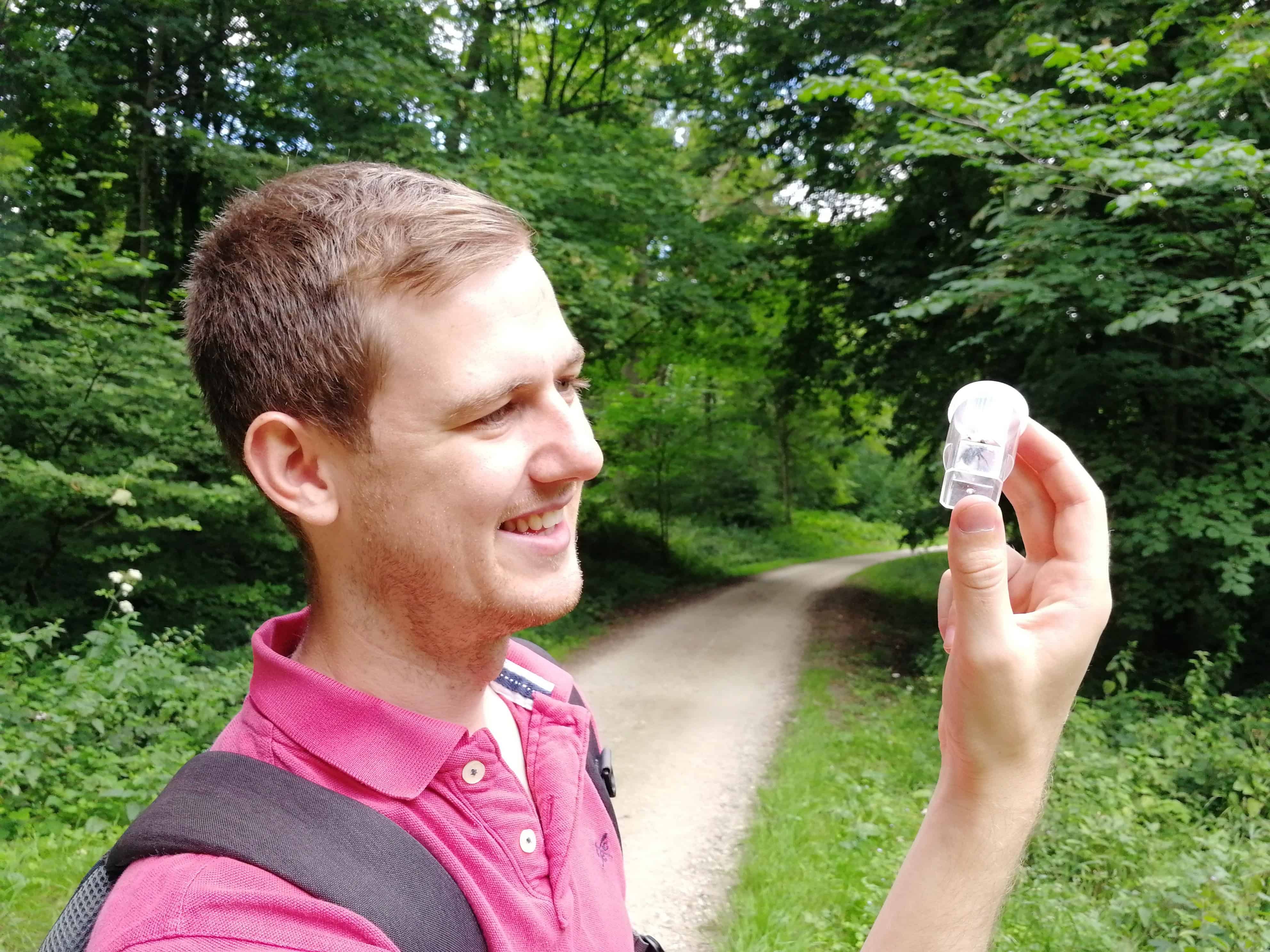Thank you for taking part in the Darwin Tree of Life actvity!
It’s the final day of the Darwin Tree of Life activity! Thank you students for taking part, attending live Chats and engaging with the scientists working on the project! Alex Davey has this to say: “Fascinating range of questions from the students – from the fundamentals of climate change to our favourite species to career options! I hope we were able to provide some interesting answers.” Quiz Winner! We had over 200 submissions of the final quiz! The winner was……… Lucy from Winstanley College 🥳 Congratulations Lucy. Your voucher is on it’s way to you! 🥳 Want to win £20? It’s your final chance to fill out the survey. Remember you could be in with a chance of winning a £20 voucher if you complete! From everyone at the Darwin Tree of Life activity and I’m a Scientist thank you for taking part. We hope to … Continue reading
 Joanna Harley, from
Joanna Harley, from 

Recent Comments
No comments to display